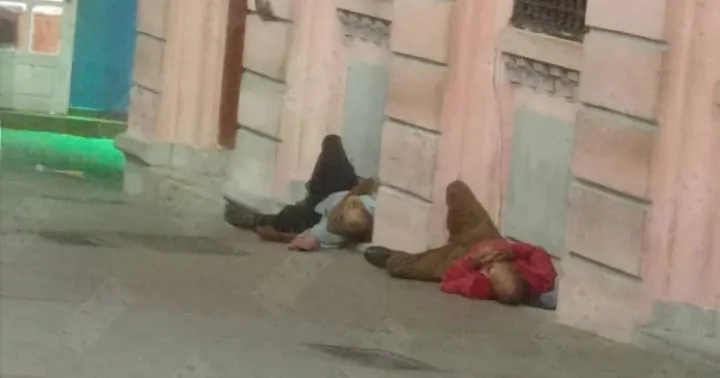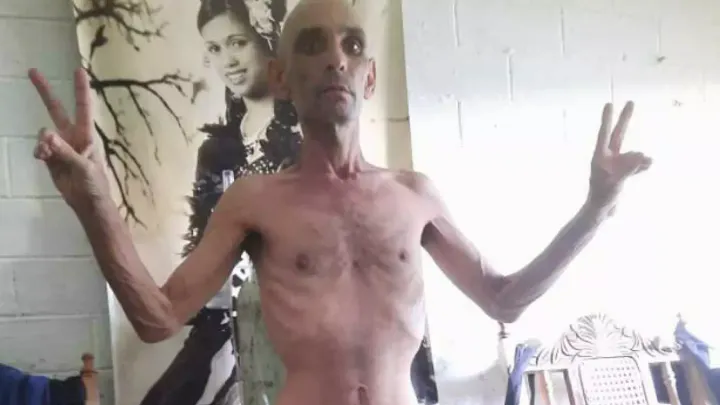Cuban government will cap maximum prices of chicken and other foods imported by SMEs (Small and Medium Enterprises)
Economists foresee greater scarcity amid more regulations on the private sector

The Castro regime will cap the maximum prices of chicken and other food items imported by Micro, small, and medium-sized enterprises (Mipymes), as according to the Minister of Finance and Prices, Vladimir Regueiro Ale, the private sector is obtaining large profit margins with “abusive rates.”
“We see prices that are speculative and abusive, compared to the real costs,” the Minister affirmed, explaining how the government has control over all the cost sheets of the Mipymes and knows their profit margins.
“And then we see a parallel commercialization with figures, with prices that really border on speculative and abusive, when we review the real costs and the markets where they are acquiring them,” he questioned.
Regueiro also mentioned that other regulations need to be adapted to the productive and consumption characteristics of each territory, referring to agricultural products. In that sense, he reiterated the state’s intention to intervene in the private market to regulate prices as many times as they deem necessary. The official discourse argues that everything is done for the benefit of the population.
However, economists warn that price control measures are doomed to fail, as has happened throughout Cuban history when price caps are implemented.
The first thing that tends to happen when there are price caps is a shortage of the product to which its commercialization is regulated. Importers would see their earnings decrease and would not be incentivized to continue importing food. For its part, the State, which has no money and is mired in a deep fiscal deficit, would also not buy enough chicken to satisfy domestic demand.
The head of Finance and Prices added that the mechanism for prices agreement needs “more rigor and systematization” with state intervention. Nevertheless, he acknowledged that “at this moment we have a rather depressed offer from the state supply side.”




Comments ()